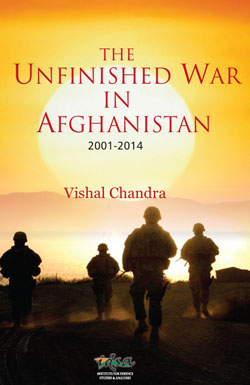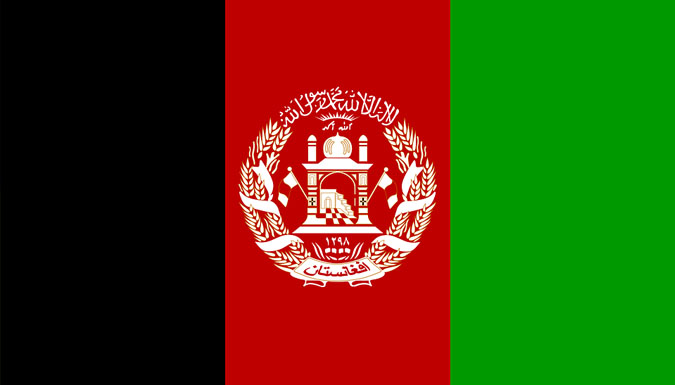Ashraf Ghani: America’s New Subedar?
President Ghani has extended an open invitation to the US for an open-ended military presence in Afghanistan and has also virtually expressed a readiness to play the role of a ‘frontline state’ for any future American contingency.
- P. Stobdan
- April 07, 2015











